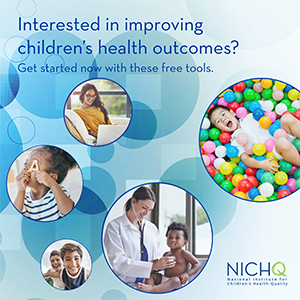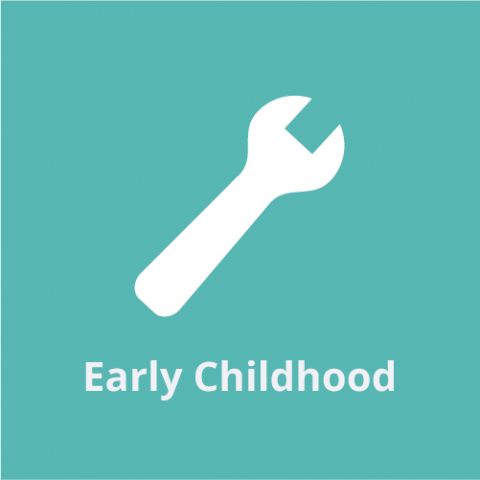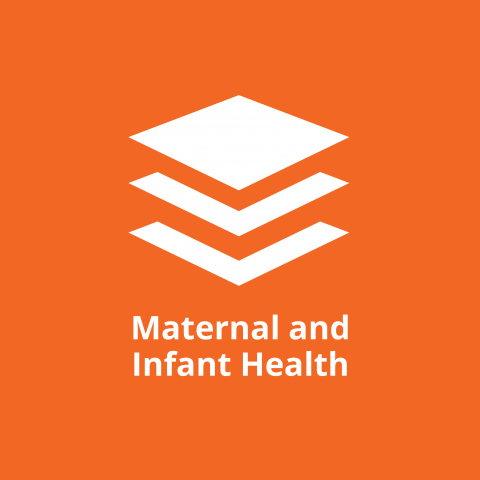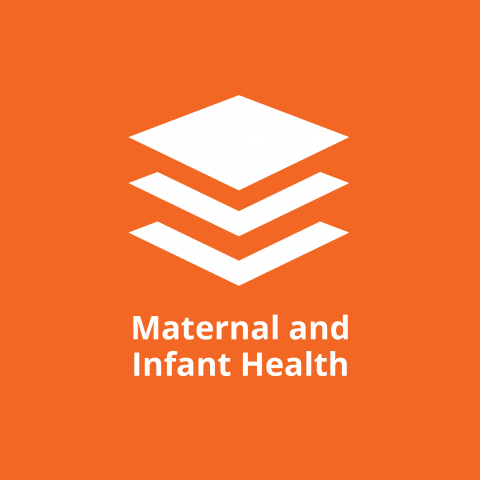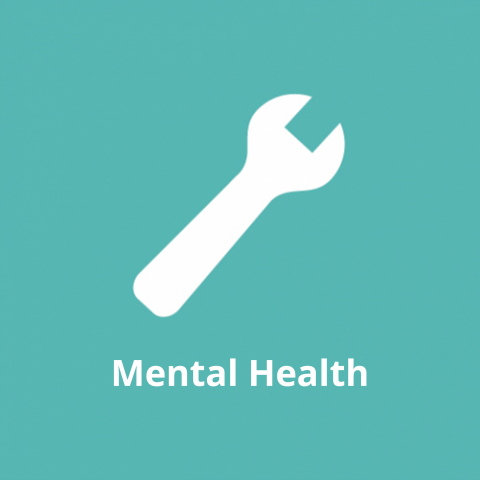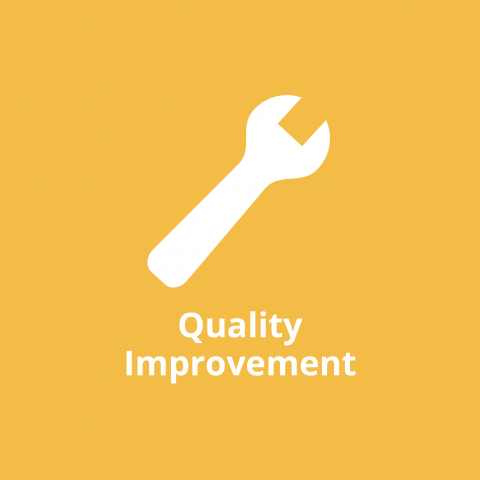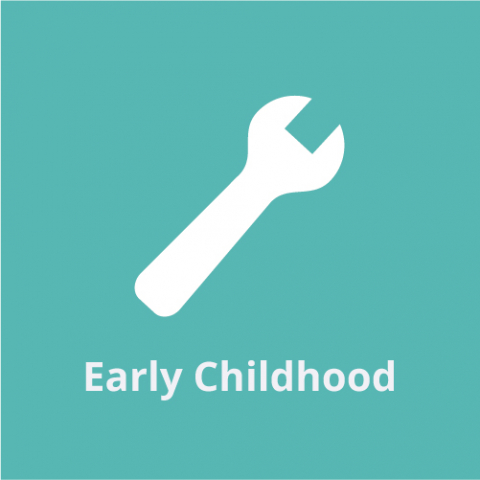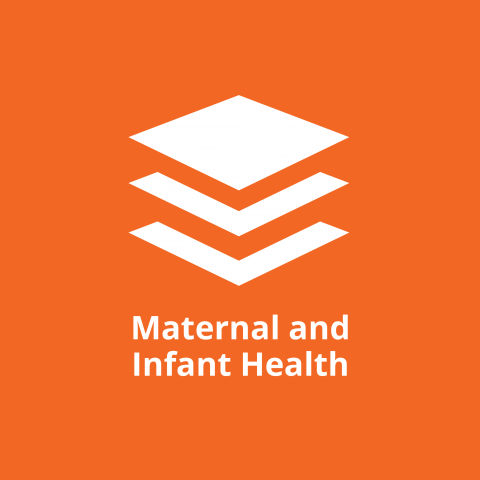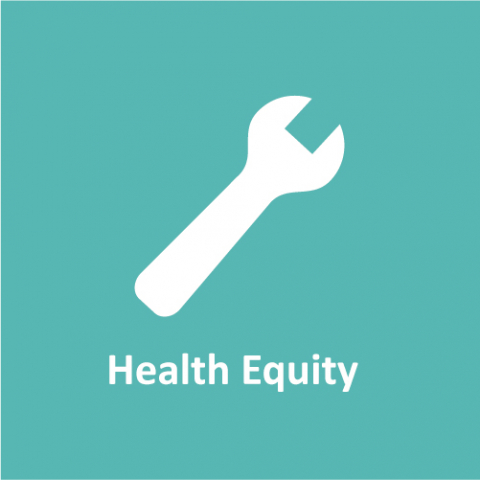National Infant Immunization Week Infographics
Since the beginning of the COVID-19 pandemic, millions of children throughout the country have missed routine vaccinations. Vaccination is one of the best ways parents can protect infants, children, and teens from serious, highly contagious diseases, including measles, whooping cough and polio. During National Immunization Week, use these infographics to raise awareness about missed vaccinations and educate families on the importance of timely infant and child vaccinations.

